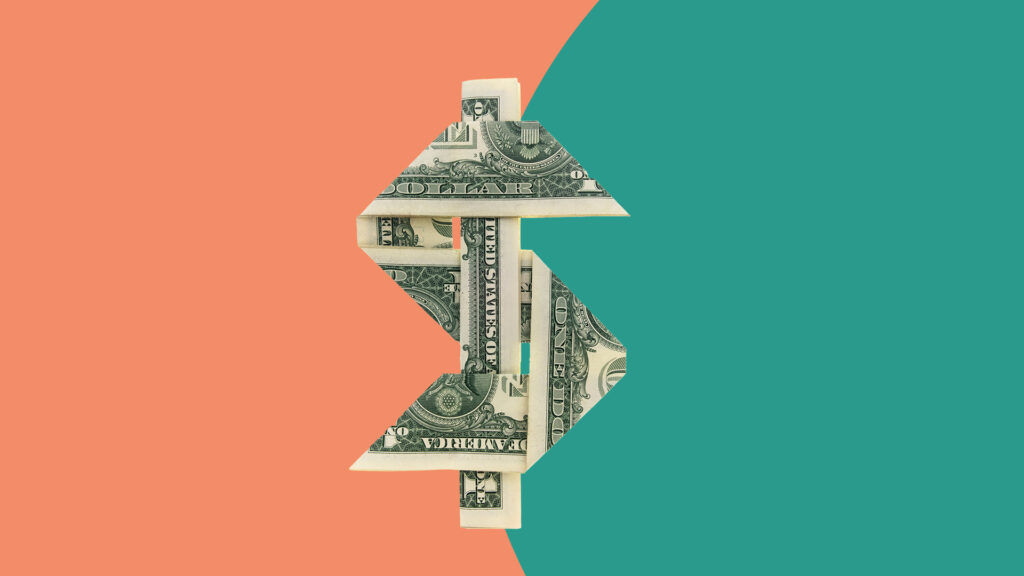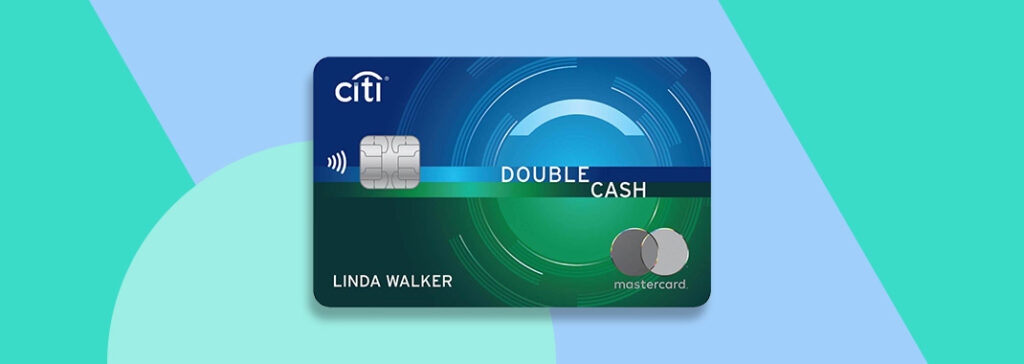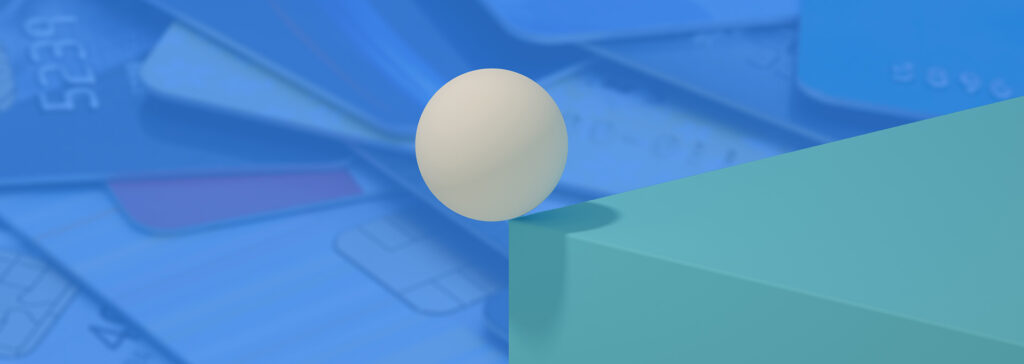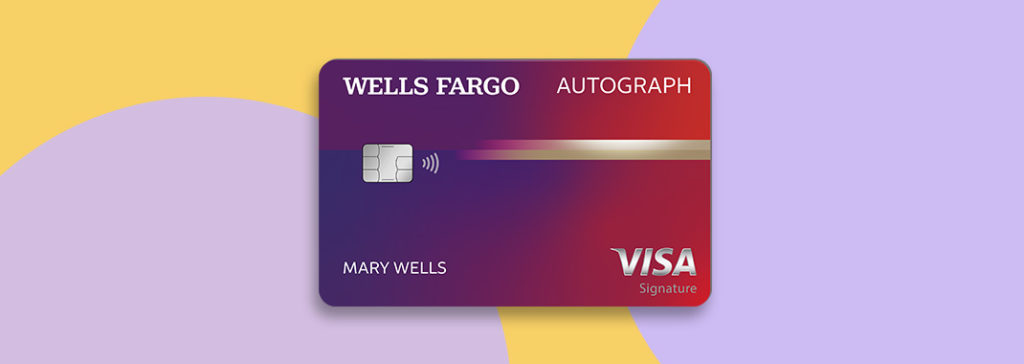Most products on this page are from partners who may compensate us. This may influence which products we write about and where and how they appear on the page. However, opinions expressed here are the author's alone, not those of any bank, credit card issuer, airline or hotel chain. Non-Monetized. The information related to Chase credit cards was collected by Slickdeals and has not been reviewed or provided by the issuer of these products. Product details may vary. Please see issuer website for current information. Slickdeals does not receive commission for these products/cards.
Taking out a loan to pay off outstanding debt is one way to consolidate your debt into manageable payments. Some people do this with a personal loan, but you can also do so with a home equity loan or home equity line of credit (HELOC).
For homeowners, you can tap into your home’s equity to pay off debt and secure a lower interest rate than other borrowing products, like personal loans. But there are some risks involved that you may want to consider before using this resource.
How Home Equity Loans Work
As a homeowner, you can access some lending options that others don’t. For example, only homeowners can take out a home equity loan or HELOC. Here is what you need to know about home equity loans before you take one out:
- You leverage the equity in your home for a loan: Both home equity loans and HELOCs let you borrow money using the equity in your home — the amount your home is currently worth minus what you still owe. A home equity loan is a fixed-rate interest loan that you get all in one lump sum.
- Home equity loan terms can be as long as 30 years: Payments on home equity loans are based on your loan terms and can vary. Some home equity loans can go upwards of 30 years like a traditional home loan.
- A home equity line of credit is another lending option: A HELOC is a revolving line of credit that lets you borrow money for a set amount of time and make payments on it as you would a credit card. Both a HELOC and home equity loan use your home as collateral to secure the loan. If you fail to make payments on either of them, you face foreclosure on your home.
- Loan funds can be used for other purposes: While home equity products are usually used for home-related projects, like renovations, remodeling, or home improvements, you can use them for other things. For instance, if you have a high amount of credit card debt or unpaid medical bills, you can use a home equity loan to pay off your outstanding debt and then make one monthly payment on your new loan.
Pros and Cons of Using Home Equity for Debt Payoff
Pros
- Lower interest
- One easy payment
- Potentially lower monthly payments
Cons
- Your home is collateral, so you could lose it if you default
- Extra debt obligation
- Long repayment terms
Pros
- Lower interest. Because home equity products usually have lower interest rates than personal loans or credit cards, some homeowners opt for this debt payoff method to save on interest.
- One easy payment. If you’re making minimum payments on multiple credit cards or other outstanding bills, taking out a home equity loan means paying off that debt and streamlining payments to one. You don’t have to remember multiple due dates or deadlines.
- Potentially lower monthly payments. If you add up all your current monthly debt payments, there’s a chance you’re probably paying more than what you’d pay when you consolidate your debt.
Cons
- Your home is collateral. Since your home secures home equity products, you can enjoy a potentially lower interest rate, but it means your home is at risk of foreclosure if you fail to make payments.
- Extra debt obligation. If you’re struggling to pay for all outstanding debt, taking out another loan might not be your best option. You’ll need to adjust your budget to account for your new loan and pay off that old debt. If you’re already stretched thin, you might risk falling behind.
- Long repayment terms. Longer repayment terms mean you’ll have low monthly payments, but it also means you’ll pay more in interest over the total life of your loan compared to shorter repayment terms. You could face repayment terms of up to 10 years or even longer.
Alternatives to Home Equity Loans & HELOCs
While home equity products are one way to pay off debt, they aren’t your only option. Here are a few other options and alternatives to consider.
Balance Transfer Credit Card
If you’re carrying a small amount of credit card debt — say, a few thousand dollars — you might qualify for a 0% APR (annual percentage rate) balance transfer credit card.
This promotional offer varies by lender, but they all offer similar features. You’ll complete a credit card application for how much you want and once you get approved, you’ll move that balance over. Then you’ll make payments on your new card until the balance is paid in full, and you won’t face any additional APR fees like you would on your current card.
Pay No Interest for a Limited TimeHere Are the Best Balance Transfer Cards
Visit the Marketplace
This is a good idea for small-dollar credit card debt, but it doesn’t work with every type of debt. So this might not work for you if you’ve got other types of debt, like other loans and medical bills. If you tend to max out your credit cards, miss payments, or don’t have a strong credit history, you might not get approved either.
Even if you get approved, you might only get part of the needed amount for your debt. That could leave you paying off the balance on your old credit card — with the additional APR charge on top—and your new card. In addition, if you fall behind on payments on the new card, you could lose the promotional offer, and the APR is immediately charged on the current balance.
Personal Loan
If you want to take out a loan to pay off credit card debt and don’t want to risk your home, you can look into a personal loan.
A personal loan is unsecured, meaning lenders only approve you based on your creditworthiness and ability to make payments responsibly. The higher your credit score, the more likely you are to be approved with the lowest interest rate offered and the full amount you need. But a lower score means you may not get approved and if you do, the interest rate might be higher than what you’re paying now.
Debt Payoff Plans
Rather than debt consolidation through a loan, you may want to look into debt payoff plans, like the debt avalanche method or the debt snowball method.
Both of these methods operate in much the same way.
Here's how the debt snowball method works:
- First, you’ll list out all of your outstanding debt, including the amount you owe, the lender, your minimum amount due, the interest rate, and the due date.
- Then, you’ll make your minimum payments as usual on the date they're due, but for the debt snowball method, you’ll put all your extra cash toward the smallest debt. You’ll do this every month until that smallest debt is paid in full.
- Then move on to the next-smallest debt until all your debt is paid off.
For the debt avalanche method, here's what you do to tackle debt:
- Make minimum monthly payments similarly.
- But all your extra money will go towards the debt with the highest interest.
- You'll keep this up until the highest-interest debt is paid off, then move on to the next-highest one.
- Keep this up until all your debt is paid in full.
This method might take longer than the debt snowball method but the goal is to save on the total interest you pay.
Declaring Bankruptcy
It’s a difficult decision and the last resort for most people, but if you have five- and six-figure debt primarily made up of outstanding credit card payments or medical bills, bankruptcy may make more sense than spending many years trying to pay everything off.
Yes, bankruptcies are detrimental to your credit, but they can signify a new beginning. Depending on how you file — Chapter 7 or Chapter 13 — that mark could stay on your credit report for seven to 10 years. You’re less likely to qualify for borrowing products until the bankruptcy is removed from your report.
Credit card debt is more likely to get discharged when you file Chapter 7 bankruptcy. If you think it’ll take you longer than a decade to pay off your loans, it might be worth looking into bankruptcy and initiating that fresh start as soon as possible.
When is a Home Equity Loan a Good Idea to Pay Off Debt?
Since home equity loans tend to have lower interest rates than traditional personal loan rates, they can be a good option for homeowners who can qualify for a low rate and can keep up with the monthly payments. Homeowners who have built up considerable equity in their homes over the years can potentially leverage this option to get out of debt faster if their debt is relatively low and can be paid off in a few years.
On the flip side, if you can't afford to make consistent monthly payments on your home equity loan, it may not be a good choice for you. Defaulting on a home equity loan can put you at risk of losing your home.
FAQs
-
Even though your home is used as collateral, your credit score is still part of your home equity loan approval process. Of course, you should aim to have good credit; you may still get approved with fair or even bad credit, but with higher interest rates.
-
You might want to tap into your home’s equity if you know you can pay off the debt within a few years and you know you’re in a position to make those payments on time every month. On the other hand, it’s a bad idea if you can’t afford it or you don’t think you’ll pay off the debt faster than bankruptcy will drop off your credit report.












